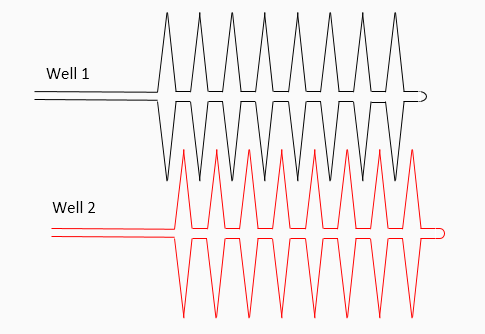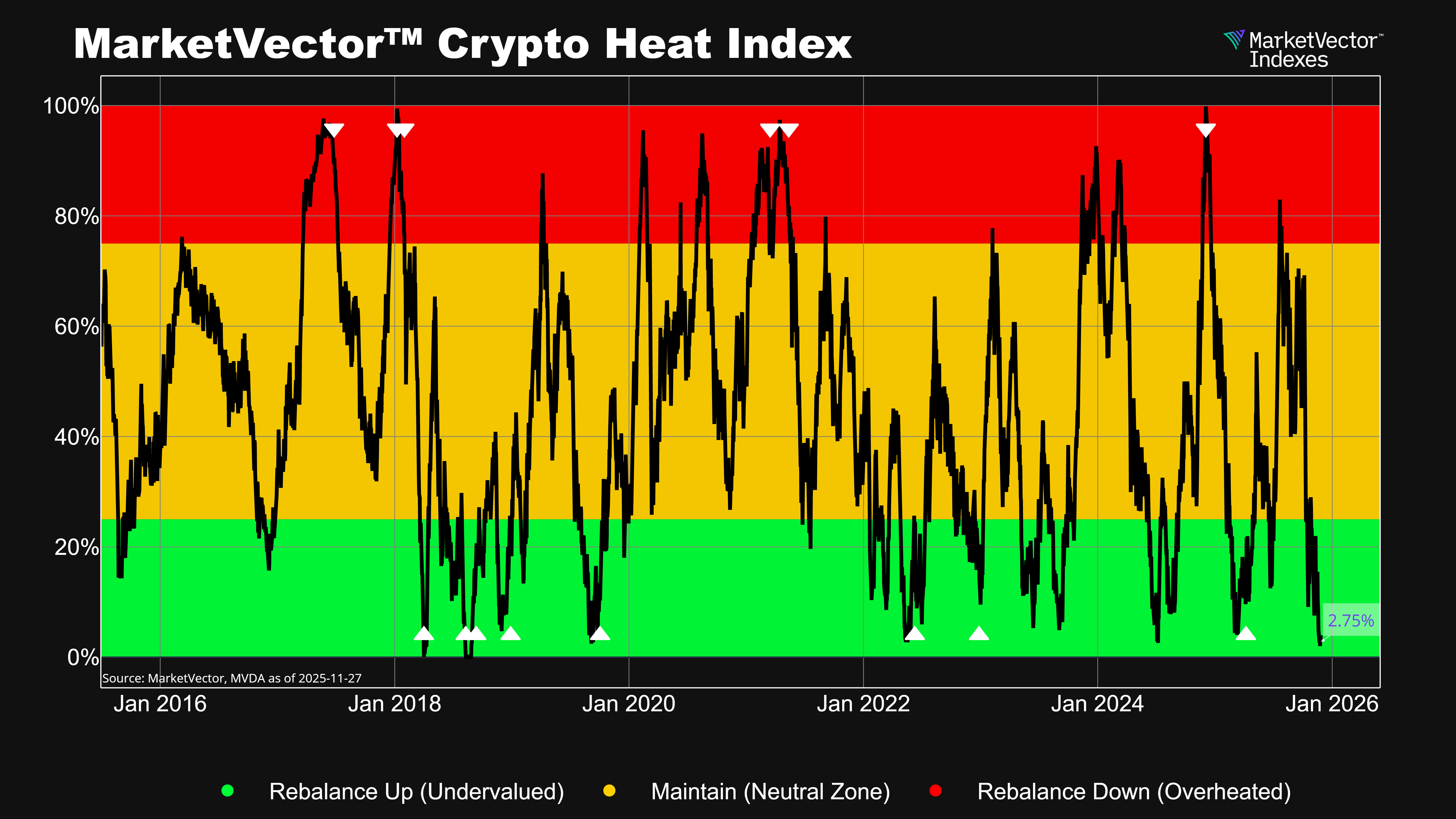As the price of oil has swooned over the past year and a half, innovation has continued to provide a refuge for the strong.
Together with prime acreage, companies with cutting edge technology have proved themselves to be the survivors. But increased efficiency and, thus, higher returns and lower costs are still vital – not only for survival now, but also, and just as importantly, for the future.
Alongside already-popular «efficiency» menu items such as longer stages, closer clusters and greater concentrations of proppants, we are now also seeing other such menu items as «zipper fracks» and diverters, together with refracking, artificial lift (employing gas and pumps) and even workovers.
Despite cuts in spending, leading producers have been able to increase initial production rates often without substantially raising costs: a necessity for survival and a recipe for success when the market turns round.A «Zipper Frack»

Source: VanEck Research
Get the latest news & insights from MarketVector
Get the newsletterRelated:




